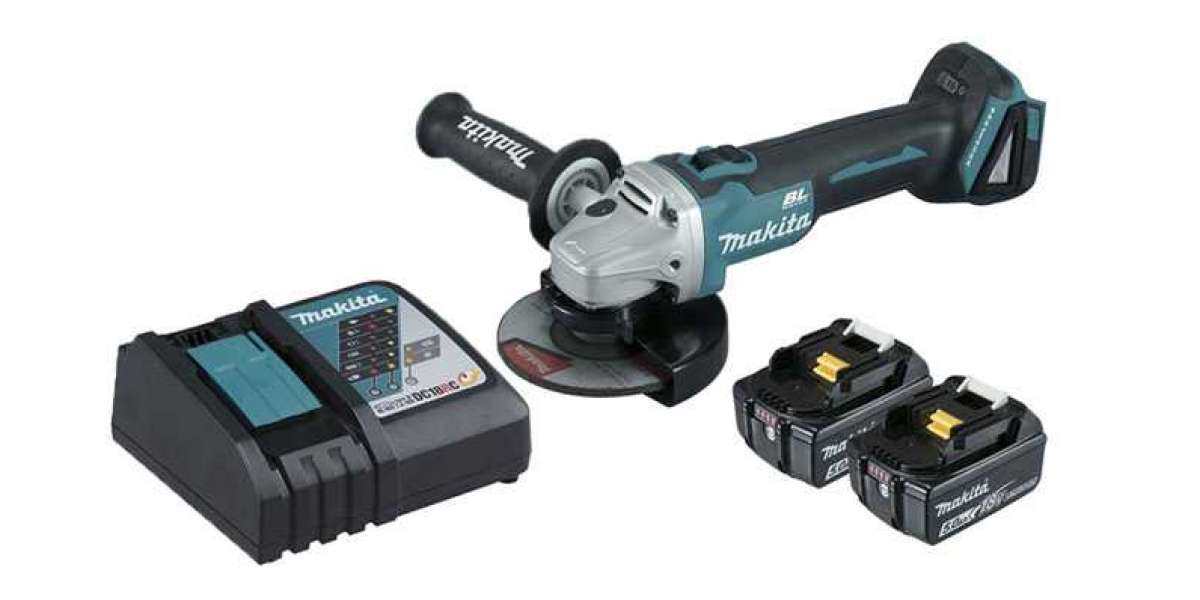Constipation is a common gastrointestinal disorder that affects individuals of all ages, causing discomfort and inconvenience in their daily lives. As a result, the constipation treatment market has witnessed significant growth in recent years. This article provides an overview of the constipation treatment market, including its current trends, key players, and potential future developments. The constipation treatment market is estimated to grow from USD 18.82 billion in 2022 to USD 29.29 billion by 2028 at a healthy CAGR of 7.60% during the forecast period.
The global constipation treatment market has experienced substantial expansion due to the increasing prevalence of constipation worldwide. Factors such as sedentary lifestyles, inadequate fiber intake, and the rising aging population contribute to the growing number of individuals seeking treatment for constipation. This has created a demand for a wide range of constipation treatment options, leading to a competitive market landscape.
Pharmaceuticals are a major segment within the constipation treatment market. Laxatives, both prescription and over-the-counter, are commonly used for short-term relief of constipation. These medications work by promoting bowel movements or softening the stool. Laxatives can be categorized into different types, including bulk-forming agents, osmotic laxatives, stimulants, and stool softeners. Market players in this segment include well-known pharmaceutical companies such as GlaxoSmithKline, AstraZeneca, Bayer AG, and Takeda Pharmaceutical Company Limited.
In addition to pharmaceuticals, natural and herbal remedies have gained popularity as alternative treatment options for constipation. Many individuals prefer these remedies due to their perceived safety and fewer side effects compared to pharmaceutical drugs. Herbal teas, dietary supplements, and homeopathic remedies are among the natural products commonly used for managing constipation. Some key players in this segment include Himalaya Drug Company, Dabur India Ltd., and Nature's Way Products, LLC.
Another emerging segment in the constipation treatment market is medical devices. These devices aim to provide relief by stimulating the nerves or muscles in the gastrointestinal tract. One example is the use of biofeedback devices, which help individuals regain control over their bowel movements by providing real-time feedback on muscle contractions. Other devices include electric stimulators and transcutaneous electrical nerve stimulation (TENS) units. This segment is expected to grow as advancements in technology continue to enhance the effectiveness of these devices.
Furthermore, dietary and lifestyle modifications play a crucial role in managing constipation. This includes increasing fiber intake, staying hydrated, regular exercise, and establishing a consistent bowel routine. As awareness of the importance of these lifestyle changes grows, there is an increasing demand for dietary supplements and probiotics that aid in promoting healthy digestion. Companies specializing in nutritional supplements and probiotics, such as Procter & Gamble, Nestlé S.A., and The Clorox Company, have entered the constipation treatment market to meet this demand.
The constipation treatment market is not only driven by the increasing prevalence of constipation but also by the growing focus on research and development. Pharmaceutical companies are investing in clinical trials to develop innovative drugs with improved efficacy and safety profiles. Additionally, advancements in technology and the understanding of the gut microbiome are driving the development of novel treatment approaches, such as microbiome-based therapies, which may revolutionize constipation management in the future.
In conclusion, the constipation treatment market is experiencing significant growth due to various factors such as the rising prevalence of constipation, increased awareness of treatment options, and ongoing research and development efforts. The market encompasses pharmaceuticals, natural remedies, medical devices, and dietary/lifestyle modifications. As the demand for effective and safe constipation treatments continues to rise, the market is expected to witness further expansion and innovation. Individuals suffering from constipation can look forward to a wider range of treatment options and potential advancements in the field that will improve their quality of life.









